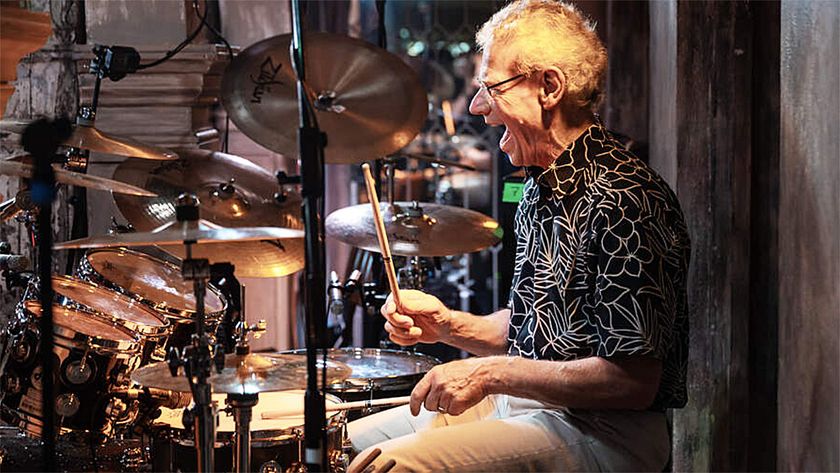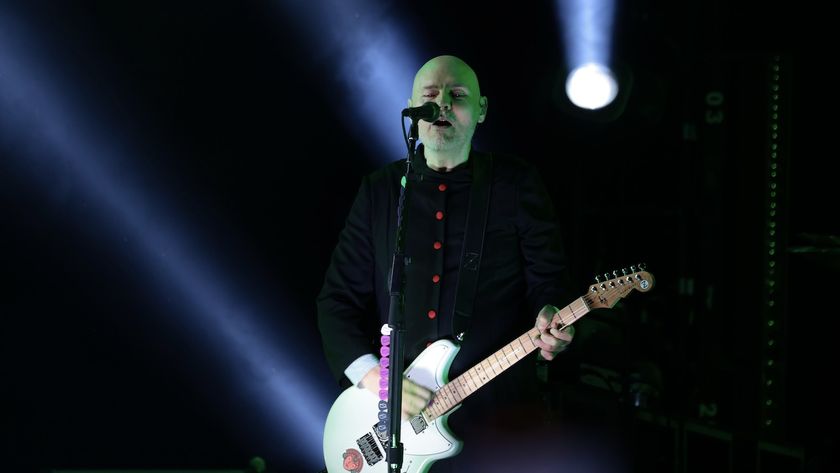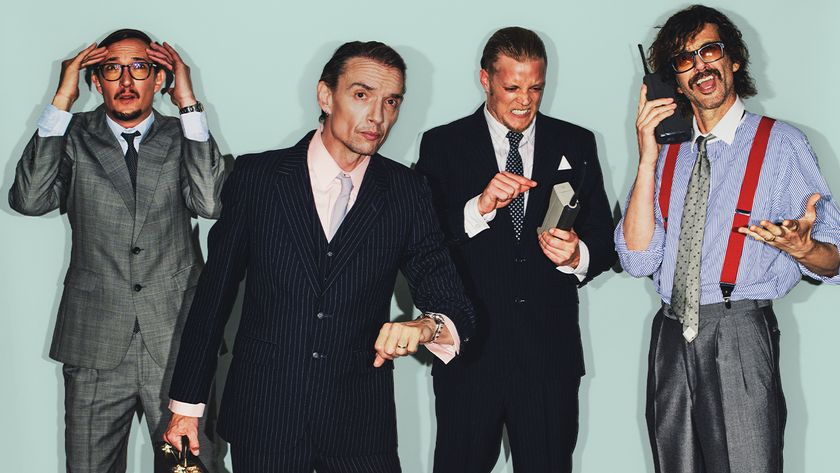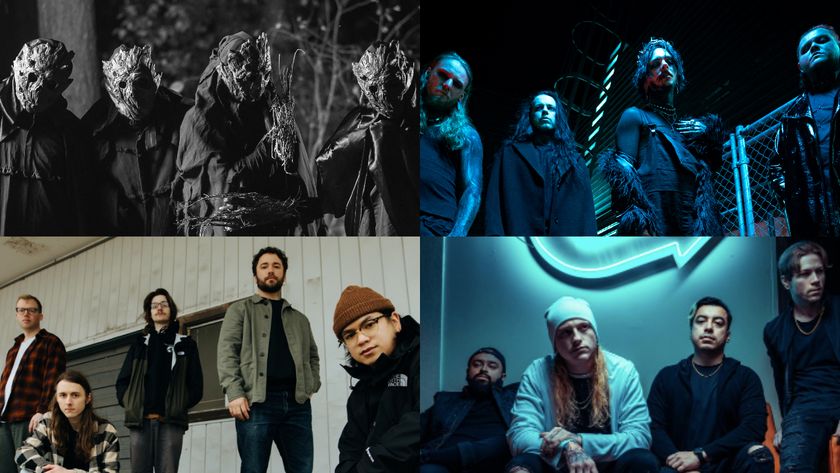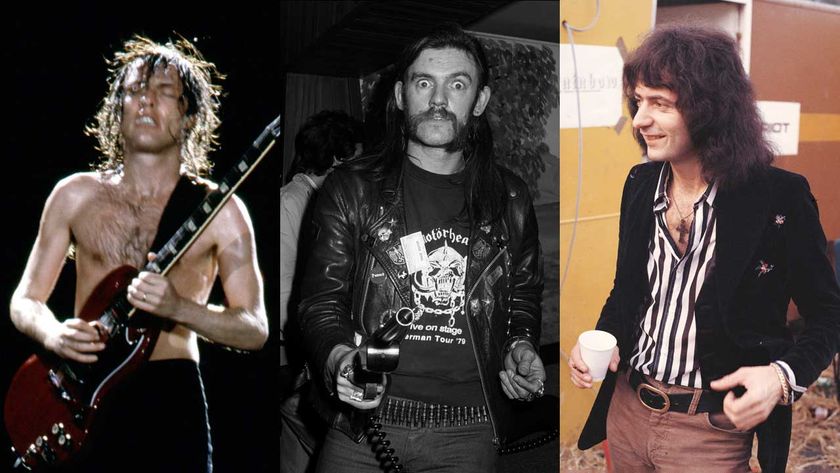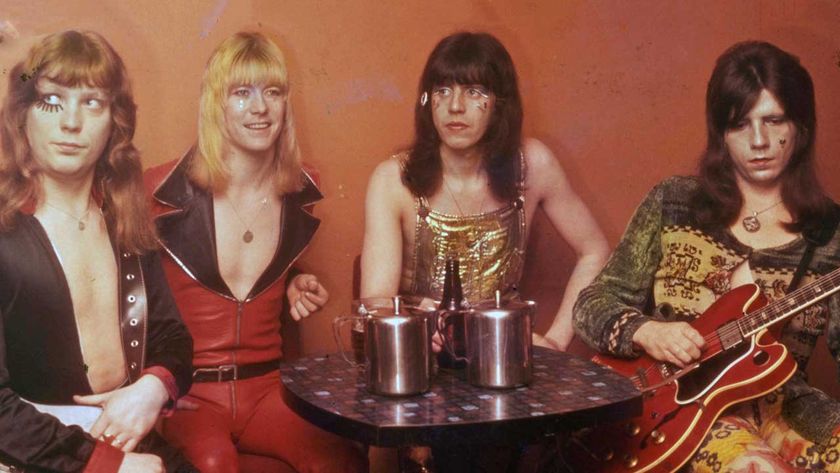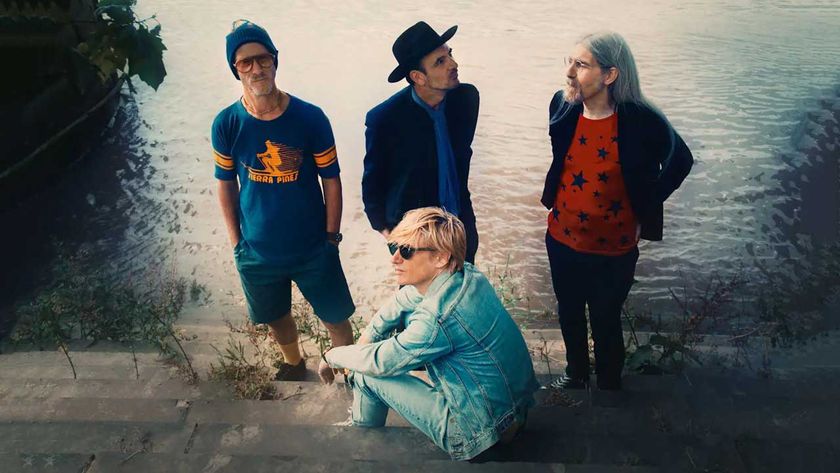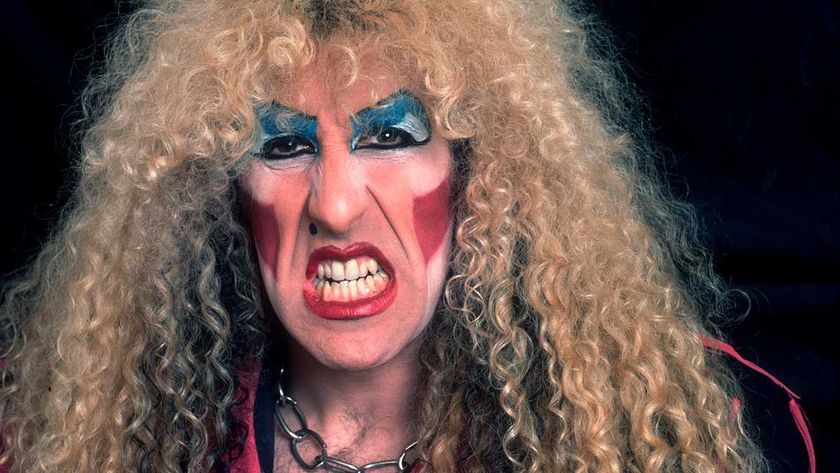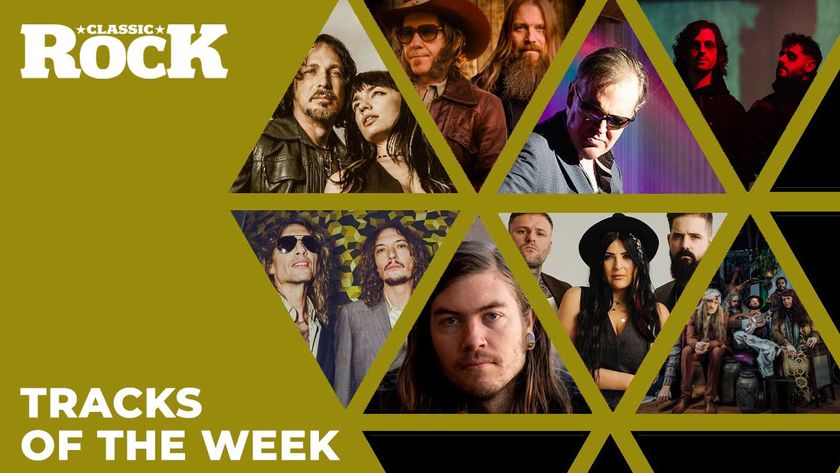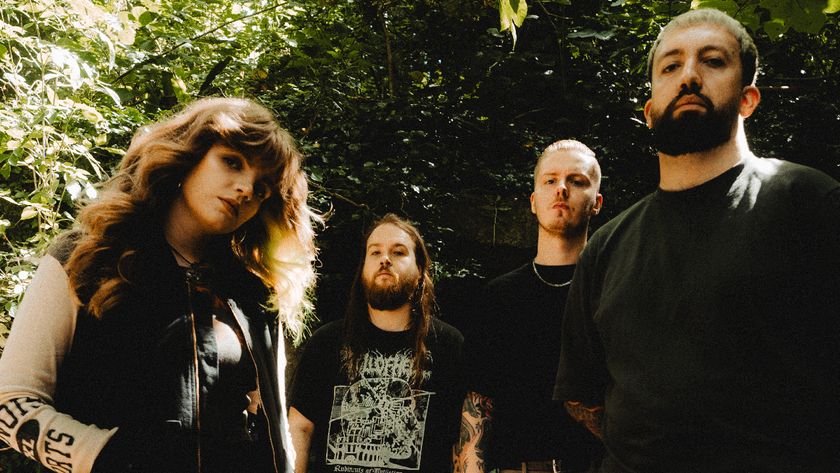Prior to joining the prog supergroup Flying Colors, Casey McPherson was known for his work with the American alternative rock band Alpha Rev, and he admits that his progressive exposure had been limited. The success and creative freedom provided by Flying Colors have clearly been a huge influence yet, as he explains, his journey has been an arduous one, not least dealing with the double suicide of his father and brother. However, he’s determined that his music retains a positive vibe. There’s also the matter of the upcoming Flying Colors DVD, a shoot that didn’t exactly go to plan…
Do you recall having any nerves when you initially met with the rest of Flying Colors?
I didn’t know what prog really was, so I was pretty nervous about playing with these monster players. I didn’t realise that the very heart of progressive rock is about not having rules or boundaries but having technical values. You can still be emotional, have soaring melodies and pop sensibilities, but you don’t have to do it the way that every major record label says you do. Once I found that out, the clouds opened for me and it was great to get out of the culture of trying to write a hit. We can launch into the cheesiest pop melody that was ever written and then go into some of Steve Morse’s jazz fusion. It’s fun not to worry about whether we’re cool or cheesy.
That must be an incredibly freeing way of writing for a musician.
Oh yeah, the change was amazing. At that time, I was right in the middle of a major label record deal and they were pissed that I was doing this thing because they didn’t like the look of it. Let’s just say the difference between the joy I was finding writing and recording with Flying Colors compared to doing the whole pop record thing was night and day.
I didn’t realise that the very heart of progressive rock is about not having rules or boundaries.
Has that freedom seeped into your other work?
Actually, I’ve started writing my own prog record now. That’s what it has done to me! So before I release another Alpha Rev record, I’m going to do a prog record. It’s been two years since Flying Colors and I’m jumping. I’m actually in the studio right now in Austin and we’re here working on the first couple of demos, so it’s pretty exciting. I don’t know what I’ll call it yet. I’ve never used my own name before because it always felt a little bit egocentric.
Flying Colors still has that ‘supergroup’ tag attached. Is there a sense of frustration that the band can’t become a more full-time project?
We all feel pretty bummed that we can’t tour our records more. Every single person in the band really loves Flying Colors but there are the politics of how you handle that. There may be a point in time when schedules open up to the point where Flying Colors can tour for a few months out of the year. That would be pretty amazing. But with Mike Portnoy’s releases and Steve’s work with Deep Purple, it makes it a challenge for us. But nobody is resentful about it. We’d love to play live more but we don’t want to put anybody in the position of having to make a choice.
There are very different characters in the band, so how did you find life on the road?
Everybody is just so different. People like Mike and I stay up until three or four in the morning and then there’s Steve, who can’t sleep on a bus at all. I’ve watched that guy go three days without sleep. But put us in a room 20 years ago and we would probably all have been throwing Jack Daniel’s bottles and who knows what else at each other. But being older allows you to let each person be themselves.
Do you have any recollections from the shoot in Switzerland for the live DVD and CD release?
I think we made some technological breakthrough with the DVD but there were some incredible things that happened. We lost some cameras and some of the audio feed. There were some real ‘oh shit’ moments in terms of stuff like that, which we didn’t know until later. But the technical team really saved the shoot and the result is wonderful. We picked that venue and it has one of the most beautiful audiences, and the feedback we got from them was really overwhelming.
Flying Colors’ lyrics are all positive. Is that something yourself and Neal Morse had in common?
Neal and I really bonded on the first record when we started writing the lyrics together. Personally, I went through a very negative phase a few years ago, but positive lyrics have to come out of a place of hope, not a place of sweeping the shit under the rug. I feel that Flying Colors has a hopeful vibe to it and that’s definitely a point in life that I’ve come to. For me, it was built out of a lot of tragedy and being able to be hopeful in the midst of the shit hitting the fan. That’s really valuable in music as it would be really easy to just wallow.
Do you have a sense of pride in the way you’ve got to that point, especially given the loss of your father and brother?
Of course, because not all of us do. Tragedy can affect you in many ways, like all the addiction I got into from that, and all the bitterness I had to deal with. There’s resentment and a dark energy that you let into your life. We all experience some kind of tragedy – how do we deal with that? I’m lucky enough to have an art form to express myself through. If you ever find out as an artist that your music helped anyone else through a hard time, that’s like having a million bucks in the bank.
Second Flight: Live At The Z7 is out now on Blu-ray, DVD and CD. See www.flyingcolorsmusic.com for more information.

